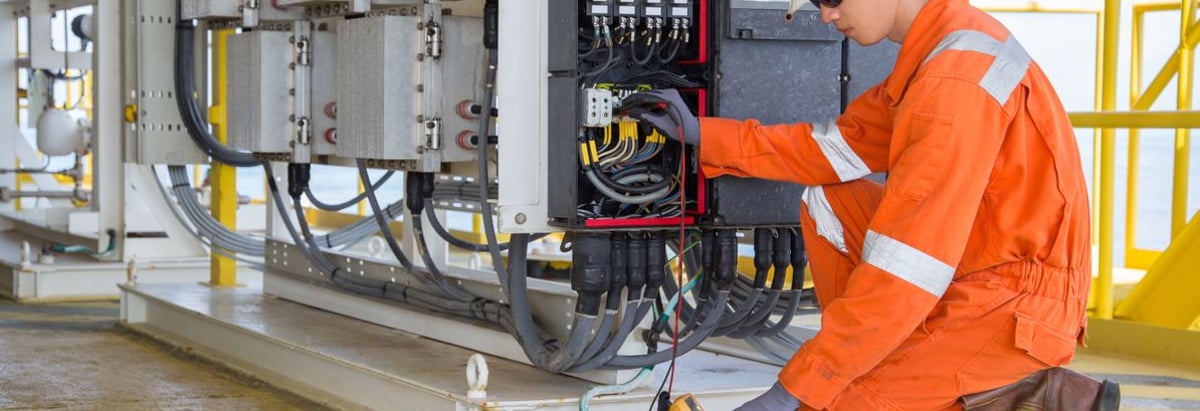Stock Analysis

Warren Buffett famously said, 'Volatility is far from synonymous with risk.' It's only natural to consider a company's balance sheet when you examine how risky it is, since debt is often involved when a business collapses. We can see that Nordex SE (ETR:NDX1) does use debt in its business. But is this debt a concern to shareholders?
When Is Debt Dangerous?
Debt assists a business until the business has trouble paying it off, either with new capital or with free cash flow. In the worst case scenario, a company can go bankrupt if it cannot pay its creditors. While that is not too common, we often do see indebted companies permanently diluting shareholders because lenders force them to raise capital at a distressed price. Of course, plenty of companies use debt to fund growth, without any negative consequences. When we examine debt levels, we first consider both cash and debt levels, together.
View our latest analysis for Nordex
What Is Nordex's Net Debt?
As you can see below, at the end of September 2024, Nordex had €425.2m of debt, up from €297.0m a year ago. Click the image for more detail. But it also has €882.3m in cash to offset that, meaning it has €457.0m net cash.
How Healthy Is Nordex's Balance Sheet?
The latest balance sheet data shows that Nordex had liabilities of €3.41b due within a year, and liabilities of €921.0m falling due after that. Offsetting this, it had €882.3m in cash and €1.01b in receivables that were due within 12 months. So it has liabilities totalling €2.43b more than its cash and near-term receivables, combined.
This deficit is considerable relative to its market capitalization of €2.83b, so it does suggest shareholders should keep an eye on Nordex's use of debt. Should its lenders demand that it shore up the balance sheet, shareholders would likely face severe dilution. While it does have liabilities worth noting, Nordex also has more cash than debt, so we're pretty confident it can manage its debt safely.
We also note that Nordex improved its EBIT from a last year's loss to a positive €82m. The balance sheet is clearly the area to focus on when you are analysing debt. But ultimately the future profitability of the business will decide if Nordex can strengthen its balance sheet over time. So if you're focused on the future you can check out this free report showing analyst profit forecasts.
But our final consideration is also important, because a company cannot pay debt with paper profits; it needs cold hard cash. While Nordex has net cash on its balance sheet, it's still worth taking a look at its ability to convert earnings before interest and tax (EBIT) to free cash flow, to help us understand how quickly it is building (or eroding) that cash balance. Happily for any shareholders, Nordex actually produced more free cash flow than EBIT over the last year. That sort of strong cash conversion gets us as excited as the crowd when the beat drops at a Daft Punk concert.
Summing Up
While Nordex does have more liabilities than liquid assets, it also has net cash of €457.0m. The cherry on top was that in converted 370% of that EBIT to free cash flow, bringing in €302m. So we are not troubled with Nordex's debt use. Over time, share prices tend to follow earnings per share, so if you're interested in Nordex, you may well want to click here to check an interactive graph of its earnings per share history.
If you're interested in investing in businesses that can grow profits without the burden of debt, then check out this free list of growing businesses that have net cash on the balance sheet.
Valuation is complex, but we're here to simplify it.
Discover if Nordex might be undervalued or overvalued with our detailed analysis, featuring fair value estimates, potential risks, dividends, insider trades, and its financial condition.
Access Free AnalysisHave feedback on this article? Concerned about the content? Get in touch with us directly. Alternatively, email editorial-team (at) simplywallst.com.
This article by Simply Wall St is general in nature. We provide commentary based on historical data and analyst forecasts only using an unbiased methodology and our articles are not intended to be financial advice. It does not constitute a recommendation to buy or sell any stock, and does not take account of your objectives, or your financial situation. We aim to bring you long-term focused analysis driven by fundamental data. Note that our analysis may not factor in the latest price-sensitive company announcements or qualitative material. Simply Wall St has no position in any stocks mentioned.
About XTRA:NDX1
Nordex
Develops, manufactures, and distributes multi-megawatt onshore wind turbines worldwide.


